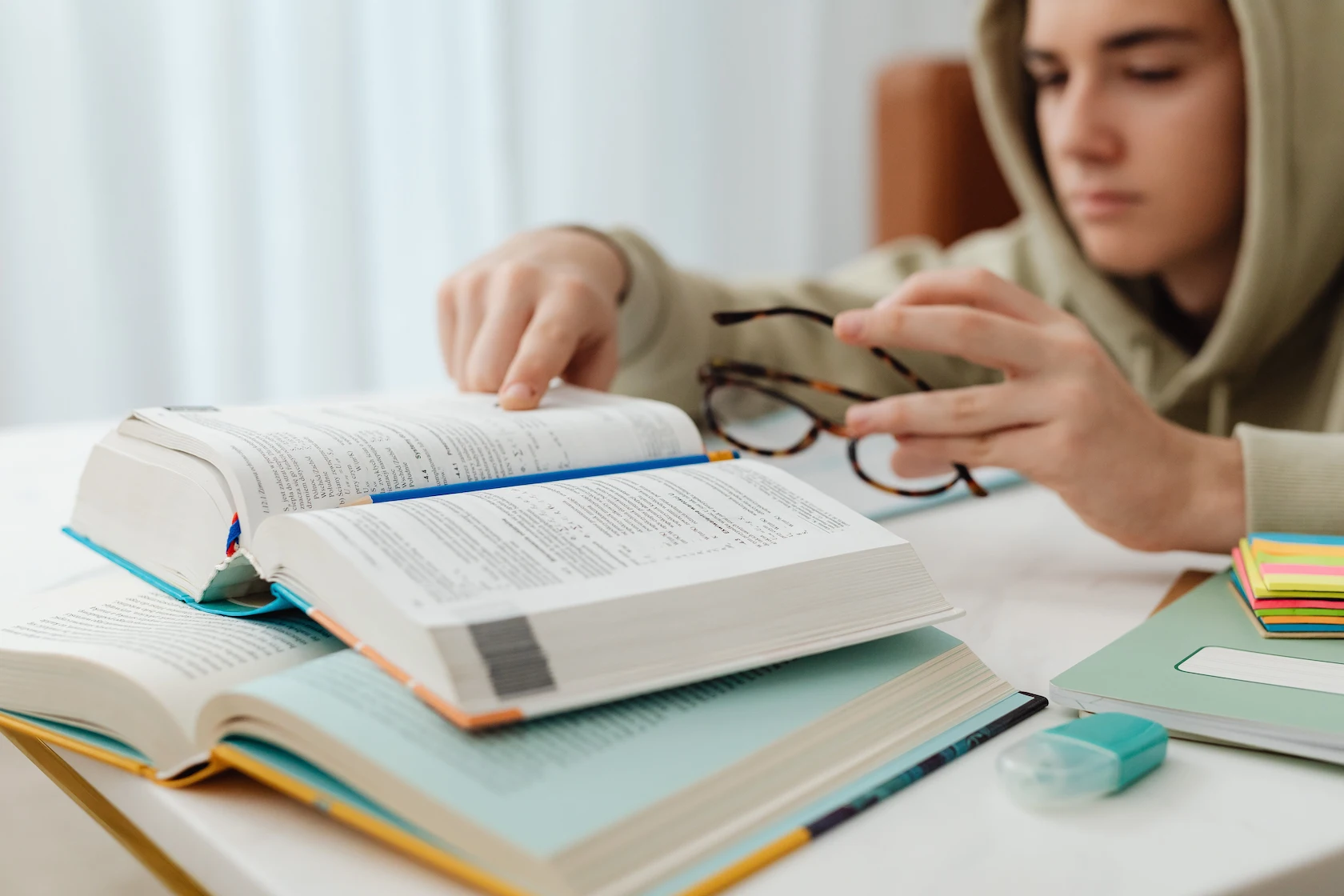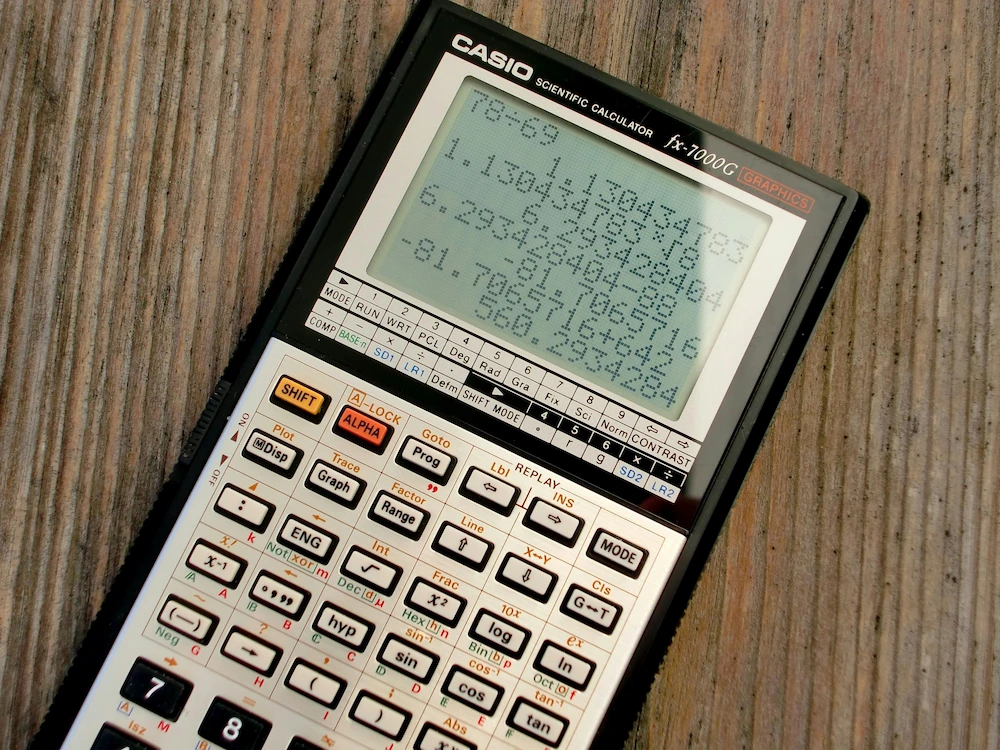The MYP (Middle Years Programme) is the second of the three-part International Baccalaureate programme, sitting between the PYP (Primary Years Programme) and IBDP (IB Diploma Programme), and designed for students aged 11-16.
As of 2017, the PYP was being taught in 1,472 schools in over 109 countries. The IBDP was taught in 2,666 schools in over 139 countries, and growing at a rate of 8% year on year over the past 3 years. By comparison, the MYP was only offered in 613 schools in 86 countries. So why the disparity?
One of the main issues the MYP has faced is not having any externally moderated exams. Due to a mixture of schools being wary of the importance of exam practice in the build-up to the IB, combined with the view that externally moderated exams are crucial for university admissions, the MYP has struggled to gain the traction the IB had hoped for over the past 10 or so years.
Indeed, even for those schools who do offer the MYP, it is not uncommon to see students sitting GCSE or IGCSE exams at the end of their MYP5 year, to gain this much-needed exam practice, and to have concrete, externally validated grades to submit to universities, or possibly just for their CVs.
So what about the new MYP e-assessments?
Key facts about the MYP e-assessments
- Exams last two hours, completed using a laptop or similar device
- Schools do not need to offer the e-assessment just because they offer the MYP
- Not all students need to sit the e-assessment
- The personal project (see below) is the only mandatory component of the MYP
- Whilst the exams themselves are assessed on a computer, internet access is not required, as the tests are sent a month prior to the exam date so that schools can download them and make them accessible to their students offline
- Students can use their own laptops or devices for the assessments
- Students must complete 8 eAssessments, which include on-screen examinations in Language and Literature, Individuals and Societies, Mathematics, Science,
- Interdisciplinary learning, plus ePortfolios in Language Acquisition, the personal project and one of the following: PE, Arts or Design
- Each eAssessment is weighted equally so that the maximum total score for the MYP certificate is 56 with a grade of 1-7 being assigned to each eAssessment (8 x 7=56).
- A maximum of three examination sessions is allowed in which to satisfy the requirements for the award of the IB MYP Certificate.
- Average subject grade last year: 4.96
- Average overall total: 35.54 (out of a maximum of 56)

MYP e-assessments
I love the idea of students not becoming too exam-focused, too early. The UK system of having 11+ and common entrance 13+ exams, not to mention admissions testing aged 8 in some instances when looking to gain entry to many public schools in the UK, means that a school’s focus can easily move away from teaching and more towards the ‘old school’ chalk and talk method of rote learning and memorisation. This sits completely at odds with the IB’s philosophy, and in light of this, two of the MYP’s central educational concepts are:
- Do not make the curriculum too rigid, allow the school to use their resources as best they can to cover core concepts, whilst encouraging independent thought; and
- Do not focus on creating students who are too focused on their final grades, or exams, and rather encourage them to develop curiosity around the subject matter for longer-term educational merit
- Whilst I fundamentally agree with the idea, it is a slightly utopian view of education, and the lack of uptake of MYP in schools meant the IB had to make some kind of shift. The e-assessment fixes this problem.
As per the subject brief:
“External assessment is an optional feature of the programme. MYP eAssessment has been developed for students and schools that need external verification of student achievement at age 16. The new assessment model strengthens the continuum and offers students formal, recognized qualifications”
Reading between the lines, they are trying to create a shift away from focusing too heavily on exam taking, and more on the underlying learning potential of all students.
In the IB’s own words: “The MYP is focused on *learning how to learn*’”
The e-assessments are in effect, “un-studyable”. The lack of a rigid curriculum, existing of past papers and in particular, the way that questions are formatted supports this. This concept is not a new phenomenon, but one which is encouraging. As time passes and more past examples become available, it may become increasingly difficult for examiners to create unique questions in this way. The shift to computer-based exams also begs the question as to whether the IB diploma exams themselves may ultimately become assessed through computers – I don’t think anyone would be surprised if this were the case in the next 5/10 years!
As with any new system brought in, there has been a bit of backlash from students, and many schools who initially took the programme on, and offered e-assessments, have subsequently backed out in the second year. This is a bit disappointing, but the logic is understandable. No one wants to be the guinea pig, if your grades are to remain on your transcript, and with so many parents and teachers so used to tried-and-tested exams methodologies, it will take time for schools and parents to fully invest in this new system.
What about the MYP curriculum?
One big question facing schools is how best to approach ‘creating’ a curriculum. The curricula set for the courses are quite open. You need only compare the MYP Maths curriculum with the IGCSE Maths curriculum to establish this.
This may put off some schools, who prefer a more set curriculum, but the benefit is that if you are already running a set school curriculum, you needn’t make huge changes to adapt to the MYP programme, which is quite a unique opportunity. On top of this, although there are textbooks that have been developed, teachers and tutors can realistically draw from textbooks that schools may already have to achieve the same goal, not to mention a swathe of online resources now available.
The Personal Project
Unlike the e-assessments, the personal project is a mandatory component of the MYP and is externally moderated.
The personal project is a wonderful initiative for independent thinking and inter-disciplinary learning. The MYP’s brief for this is comprehensive, and the fundamental idea behind these projects are very well geared towards many components of the IBDP and indeed university study.
“The personal project formally assesses students’ ATL skills for self-management, research, communication, critical and creative thinking, and collaboration”
In terms of moderation, as with MYP & IBDP exams, a selection of projects are sent off for moderation, so that all school’s grades are moderated accordingly.




